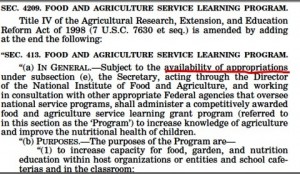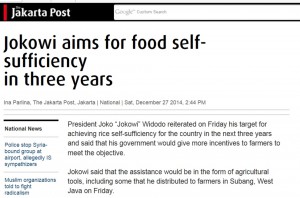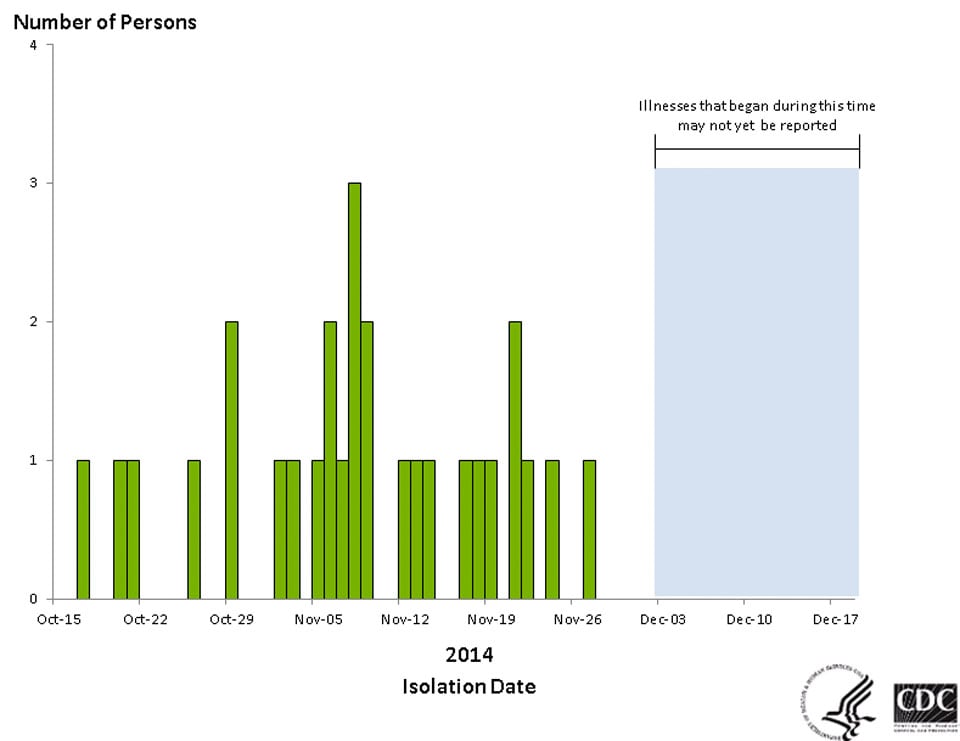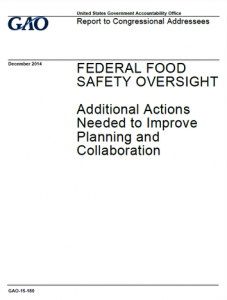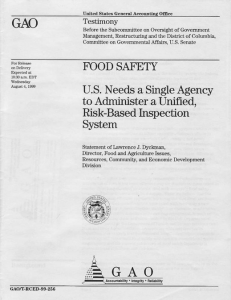Another food safety scare: this time, crocodile bile?
Yesterday’s New York Times contained this remarkable news item from the Associated Press, reproduced here in its entirety (thanks to Maya Joseph for making sure I didn’t miss it):
Contaminated traditional beer has killed 56 people in Mozambique, health officials said Sunday. In addition, 49 people were admitted to hospitals in the Chitima and Songo districts in Tete Province, and 146 people have been examined for signs of the poisoning, a district health official, Alex Albertini, told Radio Mozambique. Those who drank the contaminated brew were attending a funeral in the region on Saturday, Mr. Albertini said. The authorities said they believed that the drink was poisoned with crocodile bile during the course of the funeral. The woman who brewed the beer is also among the dead.
A little checking around brought me to The Guardian, which explained:
When a crocodile is killed, its gallbladder must be immediately removed and buried in front of witnesses to stopped the bile being used as a poison, according to some African traditions.
But wait!
David Kroll writing in Forbes questions the accuracy of this report. He did some homework and found an 1980s article from an African medical journal written by professor N.Z. Nyazema, a clinical pharmocologist at the University of Zimbabwe (whom Kroll is trying to track down). Professor Nyazema says:
It is widely believed that the bile from the gall bladder of a crocodile is very poisonous. The bilenduru is used as poison which is added to beer or stiff porridge, sadza, of an unsuspecting victim. It is not easy to buy this poison neither is it easy for anyone to kill a crocodile solely for the purpose of obtaining the bile. But with a good fee one can obtain some of the poison from a special n’anga [a traditional healer of the Zimbabwean Shona tribe]…It is reported that the poisoning occurs at special occasions like beer drinking: The nduru is said to be introduced into the beer by dipping the finger or nail where a small amount is placed: This will suffice for the purpose.
Kroll sensibly asks: “In the current tragedy in Mozambique, I can’t imagine just how much bile would’ve had to be added to 210 liters of brew for so many deaths to occur.”
Good point. He suspects digitalis from foxglove.
I’m crossing this one off my list of food ingredients to worry about. Whew.

